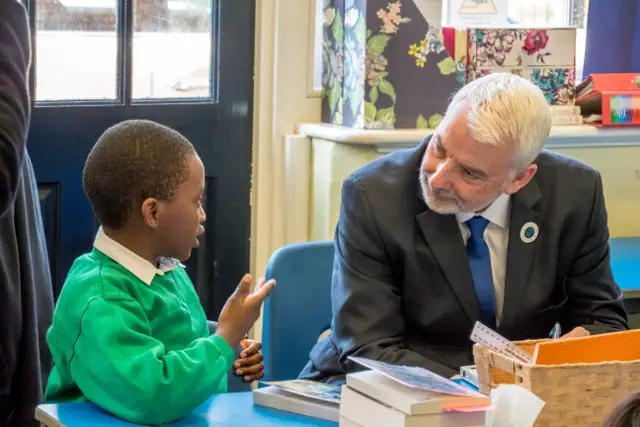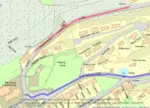This from the office Police and Crime Commissioner, Michael Lane Ed
As part of his Hate Crime Strategy, Police and Crime Commissioner Michael Lane has provided funding for the innovative and successful Heartstone Odyssey project to be available in 40 schools across the Hampshire policing area.
The project uses the fantasy story “The Heartstone Odyssey” to help young people understand the different ways in which hate crime manifests itself, its underlying beliefs, and what everyone can do to prevent hate crime from happening.
The book, which charts the heroine’s quest to overcome intolerance and prejudice, is specifically aimed at school children in the critical transition phase between primary and secondary school.
A better future without discrimination, prejudice and hate crime
Michael Lane said:
“I am delighted to be sponsoring this important project. Having listened to and spoken with some of the children involved with this, I am encouraged by their ambition and energy to do what is right and create a better future without discrimination, prejudice, and hate crime.
“Inclusive communities where everyone can realise their life opportunities means less demand on stretched services. And the best way to achieve a more cohesive society is to teach and encourage the right values at a young age.”
Powerful tool to help break down barriers
The Commissioner is providing training and resources supported by Heartstone, a non-profit organisation which uses fiction, photo documentary and historically based themes to raise social issues with children and young people.
The project is endorsed by the National Counter Terrorism Policing Headquarters (NCTPHQ), recognising that the book and its accompanying resources provide a powerful tool to help break down barriers.
Seeing people, not prejudice
Sita Kumari, founder of Heartstone, said:
“The Heartstone Odyssey is about seeing people, not prejudice; it is about building understanding and empathy.
“To me, one of the most important things is the way the book does this – not through lecturing but through imagination, allowing space for uncomfortable ideas to be voiced and to work out new ways of behaving towards each other rather than just passively following what the children are hearing and seeing from wider society.
“The project also shows children that the challenges they face can be overcome and that they can fulfil their dreams. That is a powerful message. They are the decision makers of tomorrow and it is at the age group this project reaches that the most long-lasting routes to preventing hate crime from starting in the first place can be seen.”
Sharing experiences
Following completion of the project, participating schools are encouraged to share their experiences with the wider community.
In Portsmouth, for example, one school is planning to promote the project as part of their end of year play, and two displays of the children’s artwork at local libraries have been arranged, which all participating schools will have the opportunity to take part in.





